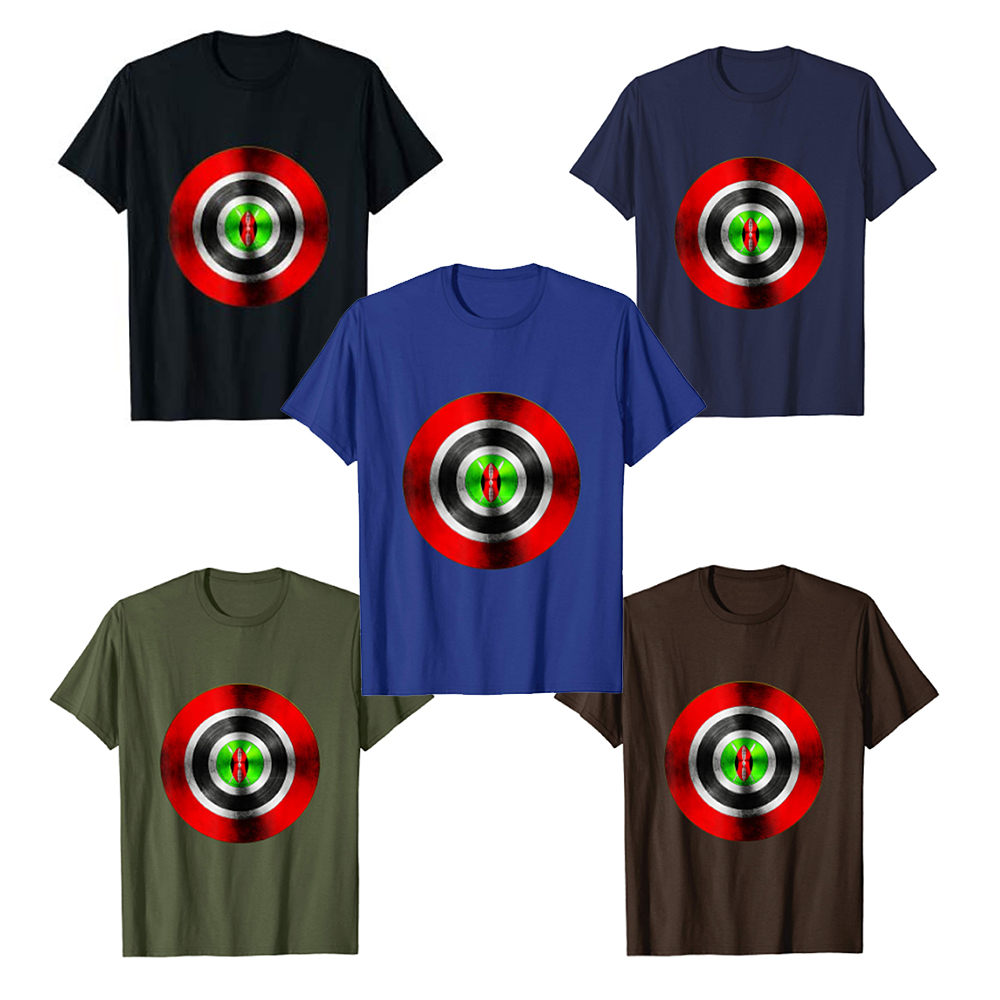Swahili and Kiswahili are essentially the same language. “Swahili” is the English term for the language, while “Kiswahili” is the term used in the language itself to refer to the language. So, “Swahili” and “Kiswahili” are two different ways of referring to the same language spoken in East Africa.
Amazon #ads

With reference to the language (as opposed to the people/community), Swahili is the English word for “Kiswahili”.
Swahili speakers refer to the language as “Kiswahili” while non-speakers call it “Swahili”.
In much the same way:
English speakers say “French”, but the French themselves call their language “Francais”
English speakers say “German”, but Germans themselves call their language “Deutsch”
English speakers say “Spanish”, but Spaniards themselves call their language “Espanol”
So, “Kiswahili” is the equevalent of “Francais”, “Deutsch”, or “Espanol”.
In Swahili, when you mention a language, you add the prefix ‘ki’, that’s why Swahili becomes Kiswahili. Chinese is Kichina. English is Kiingereza. It’s much like the way you add the suffix ‘ish’ in English, Polish…
Swahili is a community of people and Kiswahili is the language they speak. The Swahili people live in the coastal parts of Kenya. Kiswahili is a mixer of Bantu languages and it is mostly spoken in Tanzania as a national language.
In Kenya Kiswahili is used as a second medium of communication , while in Uganda they are barely trying to learn it because they need to communicate and do business with people from Kenya and Tanzania.
Swahili language being spoken in Kenya is a mixer of Bantu and Arabic.Kiswahili being spoken in Kenya and Tanzania is different to a certain degree.
The Tanzanian Kiswahili is more rapidly spoken like with the Bantu languages and the Kenyan Kiswahili is spoken slowly.
Kiswahili is always evolving ,as the type of Kiswahili which was spoken in early 2000 is different from the Kiswahili being spoken now.
Except for the standard greetings like”habari yako?”-how are you?
Kiswahili is examined as a compulsory subject in both primary and secondary schools in Kenya.
The vocabularies in Kiswahili being spoken in Kenya are borrowed heavily from the Bantu languages of Kenya.
Kiswahili in Kenya is spoken by close to thirty million people.It is a national language which is used in Kenyan Parliament as a means of communication by parliamentarians from the coastal regions.
Many broadcasting stations use both Kiswahili and English language as a means of conveying news bulletin. The stations also have marketing content, films ,documentaries and interviews done in Kiswahili language.




